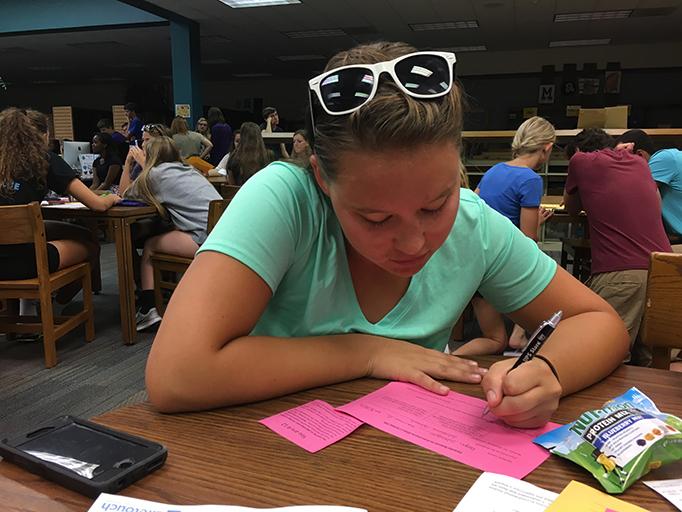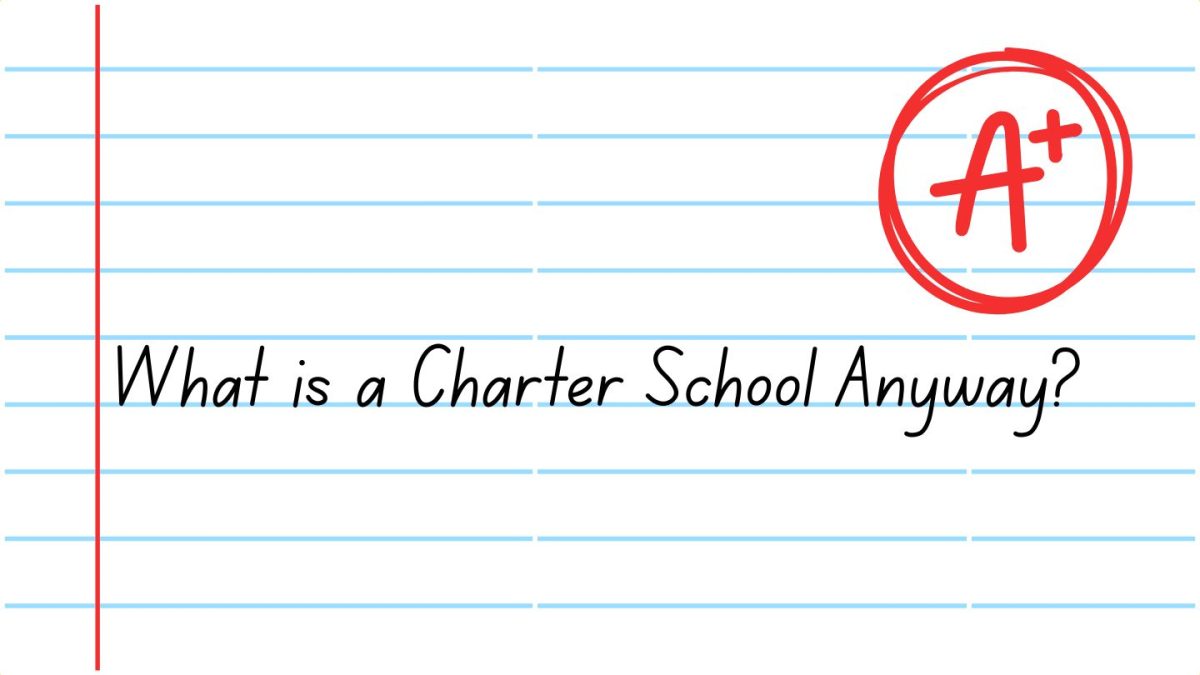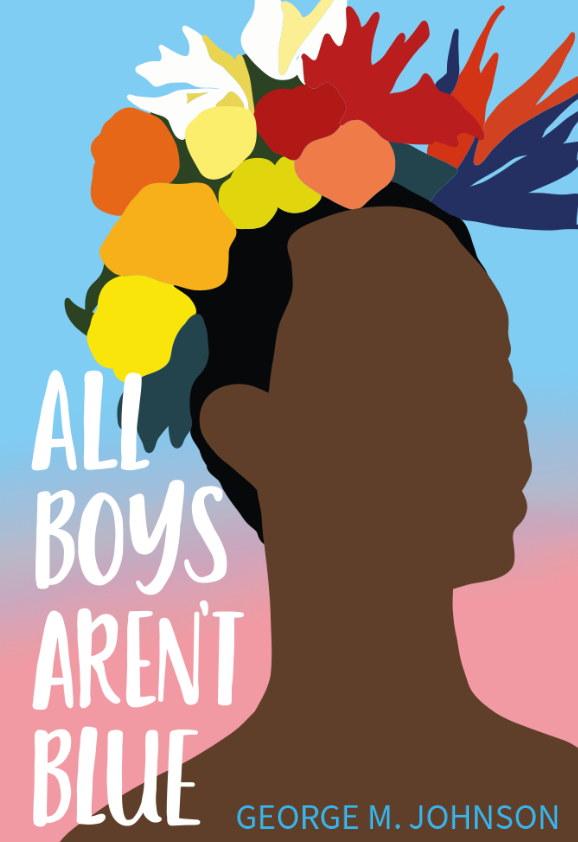After receiving a letter in the mail from the high school July 15, senior Maddie Stoen learned that Advanced Speech was losing its Des Moines Area Community College (DMACC) credit. Kelly Thompson, former teacher of the class, resigned during the summer. The Advanced Speech vacancy was filled by Jeremy Fitzpatrick, who is not currently certified to teach a college credit class.
A speech course is required in many colleges as a part of general education. Previously, taking Advanced Speech would allow students to meet that speaking requirement in high school as they would receive dual-credit. Dual-credit ensures both high school and college credit through one class. After losing the class’ credit, many students dropped the course because it lost the main appeal that convinced them to sign up for the class in the first place. Stoen’s immediate reaction was to also drop the class. “It doesn’t make much sense to take the class if I’m just going to have to take it again in college,” Stoen said. She intends to replace it with AP Environmental Science.
Many colleges and universities require students to take a speech class to graduate. Taking Advanced Speech in high school does not guarantee the credit will transfer, as some schools do not accept DMACC credit. “[If] you take the Advanced Speech course here at Johnston, it will prepare you so when you go into that speech class at college or university, it will be an easier course for you,” Fitzpatrick said.
During Dragon Days Aug. 18-19, students were able to meet with counselors and change their schedules. Lisa Boge, who transferred to the high school from Johnston Middle School, said many students she spoke with had Advanced Speech on their drop request forms. “This semester I have two Advanced Speech courses and right now there are 10 kids in one and nine students in the other. Next semester I have two sections as well and last I looked one was at 15 students and the other was at 11 students,” said Fitzpatrick. “That’s down from 20+ for all four sections.”
However, there are still students that plan on taking the class. Junior Ally Andreasen is taking the class for the content because she believes it will still benefit her despite the loss of its credit. “I like public speaking and I wanted to have the challenge of taking a more difficult class,” Andreasen said. “The college credit was kind of an extra thing.”
One of the main purposes of the class is to get more comfortable speaking in front of a large group. Unfortunately now that so many people have dropped the class, Andreasen believes the lack of students might defeat that purpose. “It could make it so you get more used to speaking in front of a small group which tends to be a lot less intimidating,” Andreasen said.
Yet a smaller class size also presents some advantages, too. “Public speaking is one of those things where the more times you do it, the more comfortable you become,” Fitzpatrick said. “If you get comfortable in small group settings it’s a lot easier to transition into larger settings rather than, all of a sudden, just jump into a larger class.”
“I think you should sign up for a class for the experience and because you enjoy the subject matter,” Andreasen said. “If you’re signing up for a class just to get the college credit you’re not going to enjoy the class and it’s going to feel like a lot more pressure than what it needs to be.”
CORRECTION 8/31/16: An earlier version of this article stated that all universities and colleges require a speech credit to graduate. It also stated that Advanced Speech qualified for Advanced Placement (AP) credit. Both are incorrect; every university and college has slightly different graduation requirements, not all including a speaking credit. Advanced Speech used to qualify for dual-credit, which is different than what one may qualify for through an AP class. Various other editorial corrections were made.















